BOGOR. A Local and Regional Economic Development (LRED) training was conducted from August 27 to 31, 2018 by National Support for Local Investment Climates/National Support for Enhancing Local and Regional Development (NSLIC/NSELRED) in collaboration with Mesopartner (https://www.mesopartner.com/), a knowledge firm that specializes in economic development, competitiveness, and innovation.
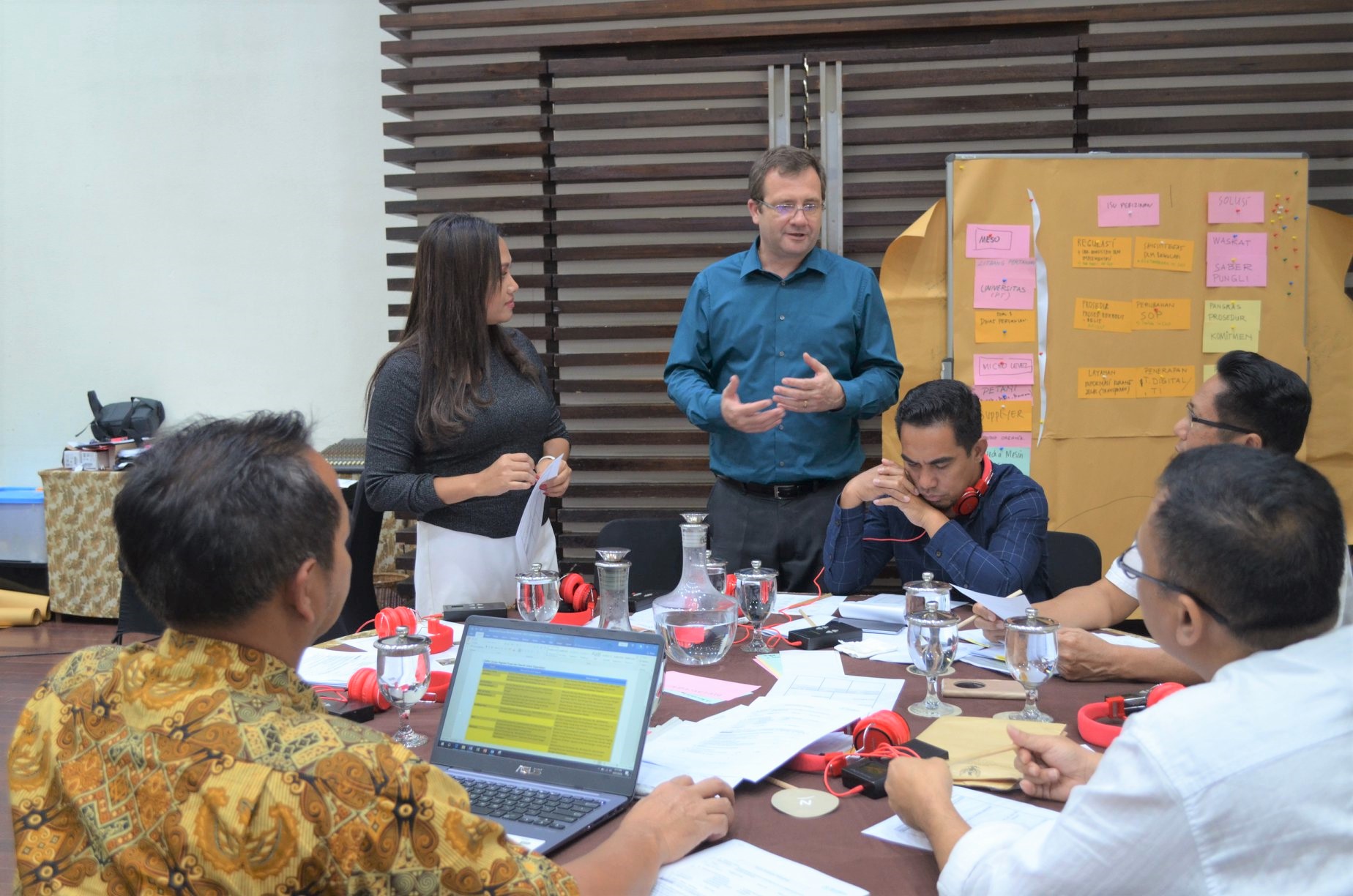
A training on Local and Regional Economic Development (LRED) organized by NSLIC/NSELRED and Mesopartner in Bogor from August 27 to 31, 2018 to strengthen the capacity of four technical ministries, 12 Provincial/Municipal/District Development Planning Agency (BAPPEDA) in Gorontalo and Southeast Sulawesi Provinces as well as six BAPPEDA of Responsive Innovation Fund (RIF) working areas. [Photo: ©Virgi Fatmawati/NSLIC/NSELRED]
Facilitated by Mesopartner’s Christian Schoen and Shawn Cunningham, about 30 participants from Ministry of National Development Planning/BAPPENAS, Ministry of Villages, Disadvantaged Regions and Transmigration, Coordinating Ministry for Human Development and Cultural Affairs, Ministry of Home Affairs and 12 Provincial/Municipal/District Development Planning Agency (BAPPEDA) in Gorontalo and Southeast Sulawesi Provinces as well as six BAPPEDA of Responsive Innovation Fund (RIF) working areas have participated the five-day training in Bogor. Through the training, Mesopartner created a basic understanding of LRED as a development process and introduced specific instruments and tools to promote LRED in the regions. Conducted in an interactive manner, the training enabled the participants to learn actively by applying selected tools in classroom exercises.
LRED training served as an introductory course for those who would like to apply the LRED approach and its tools for promoting their local and regional economies. Following the training, provincial and district governments are encouraged to identify, design and implement LRED activities. The LRED instruments that were introduced follow a participatory and bottom-up approach, which will help relevant stakeholders to build a joint understanding of their locality, find common ground among different interests and develop needs-driven LRED programs.
The training also bring together experiences and instruments from LRED, bottom-up industrial policy, innovation systems, complexity thinking and market system development. Five main elements of the training include:
- Basic LRED: Basic concepts of LRED, Hexagon of LRED, Governance in LRED;
- Advanced LRED: LRED Process Facilitation: Systemic Insight, Complexity in LRED, implications of insights for NSLIC/NSELRED;
- Widening the Perspective: Policy Focus and Synergies, Sustainability, Wrap-up of LRED – using the Hexagon as tool in the field, analysis of existing LRED projects/activities in NSLIC/NSELRED locations;
- Specific Concepts and Tools: Meso-organizations in LRED, Business and Investment Climate, Red Tape Assessment Workshop (or Business Climate Survey); and
- Participatory Analysis Tools to understand and assess a location/region; design of customized LRED process for NSLIC/NSELRED working areas.
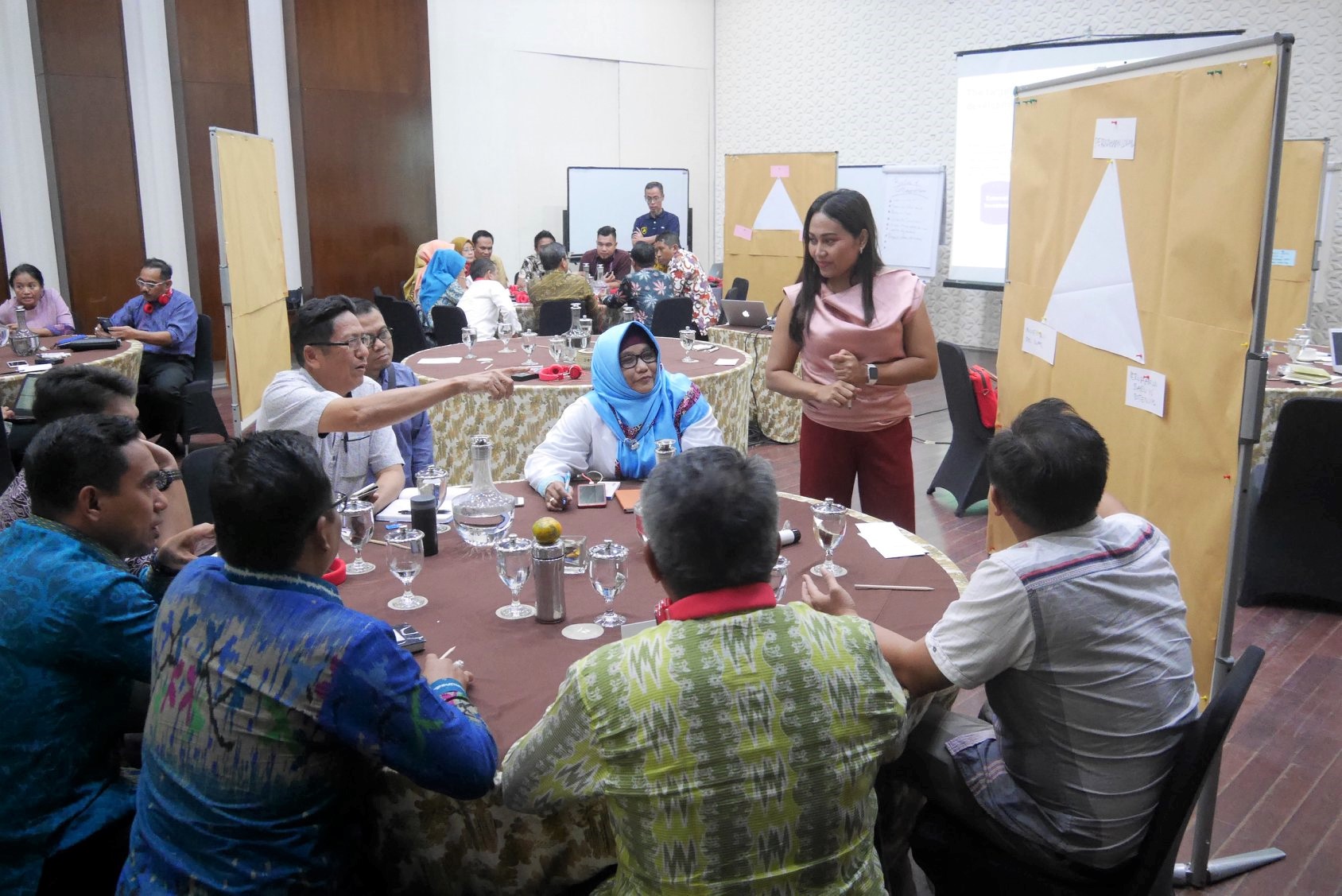
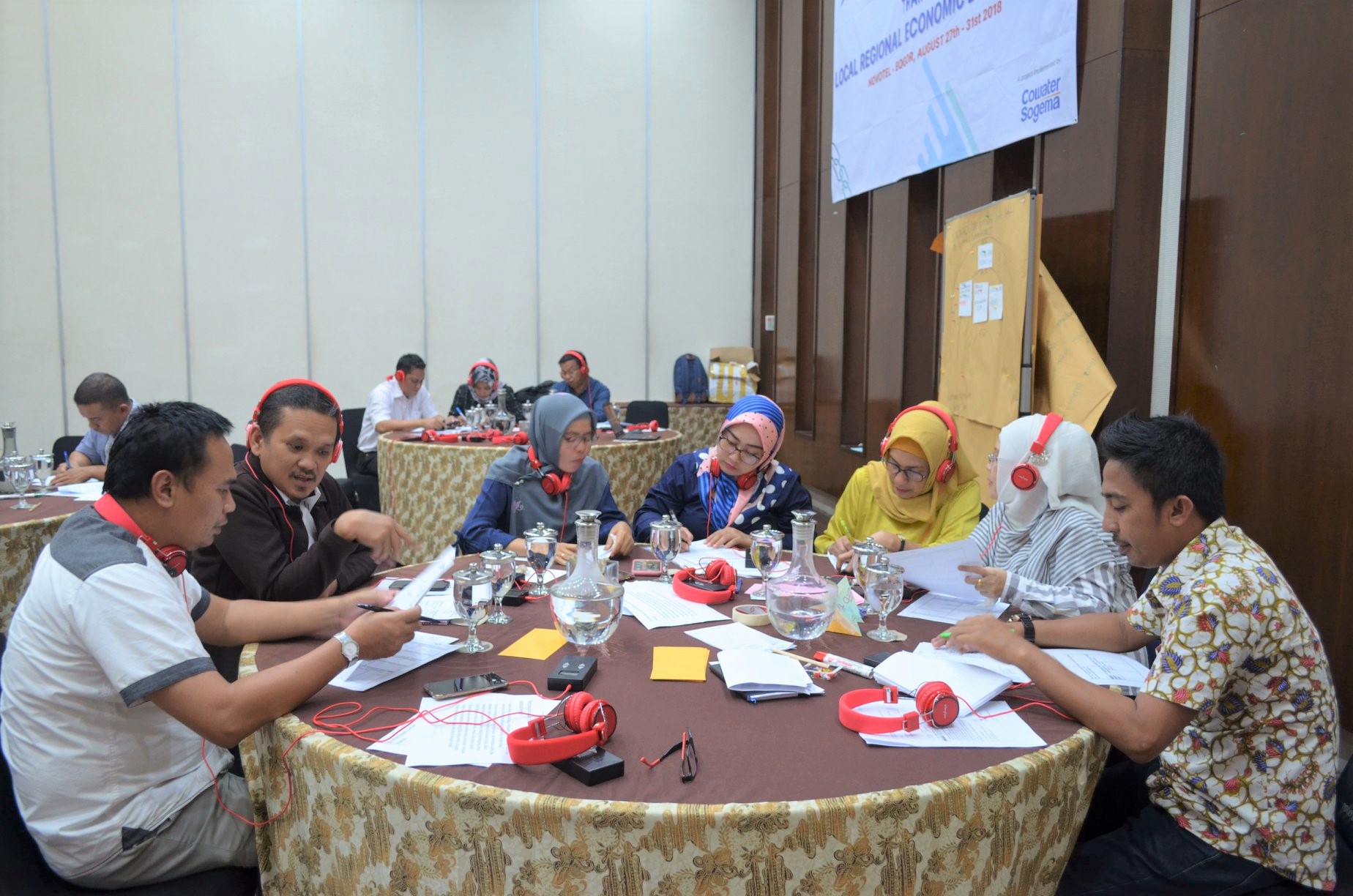
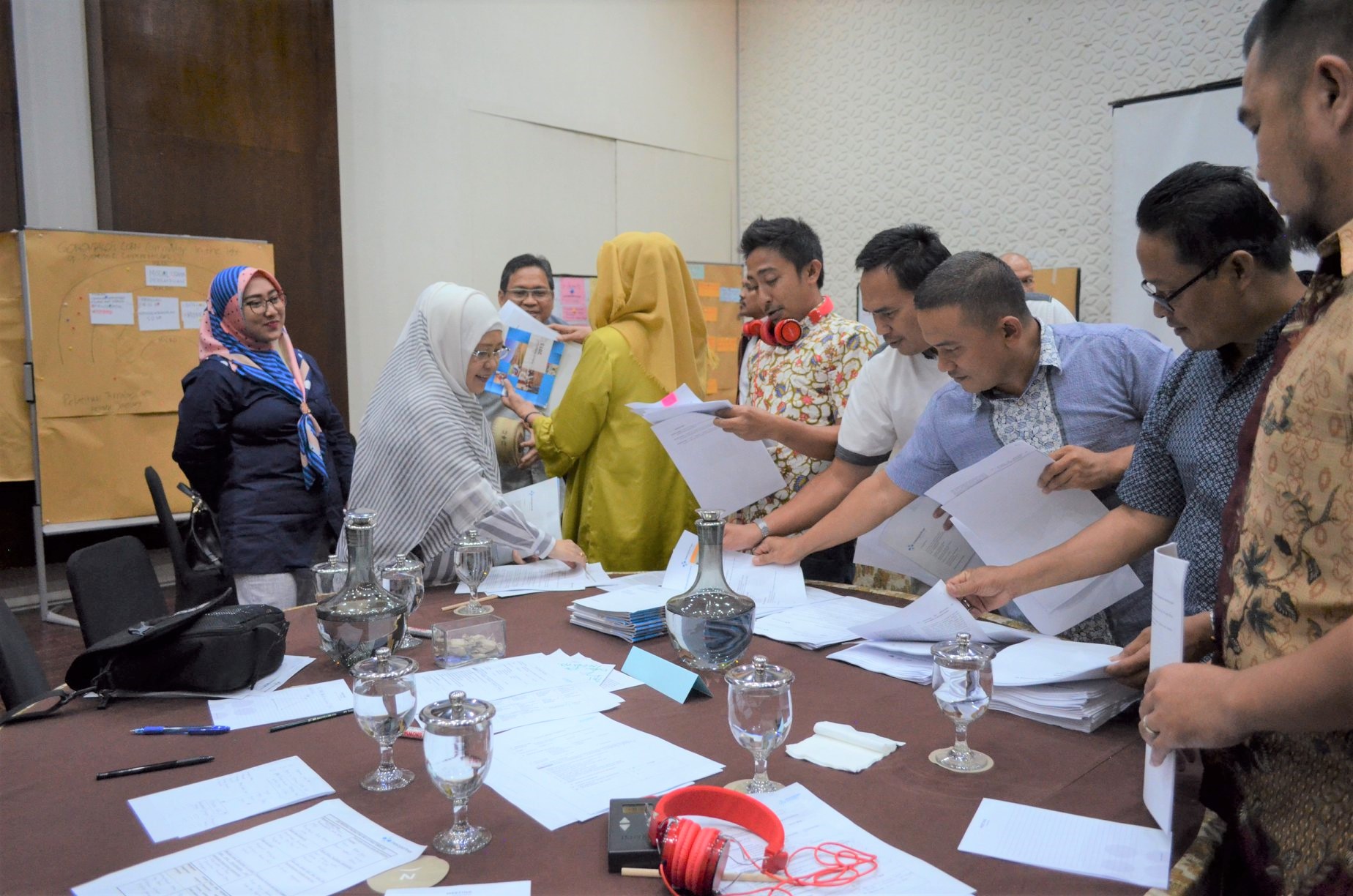
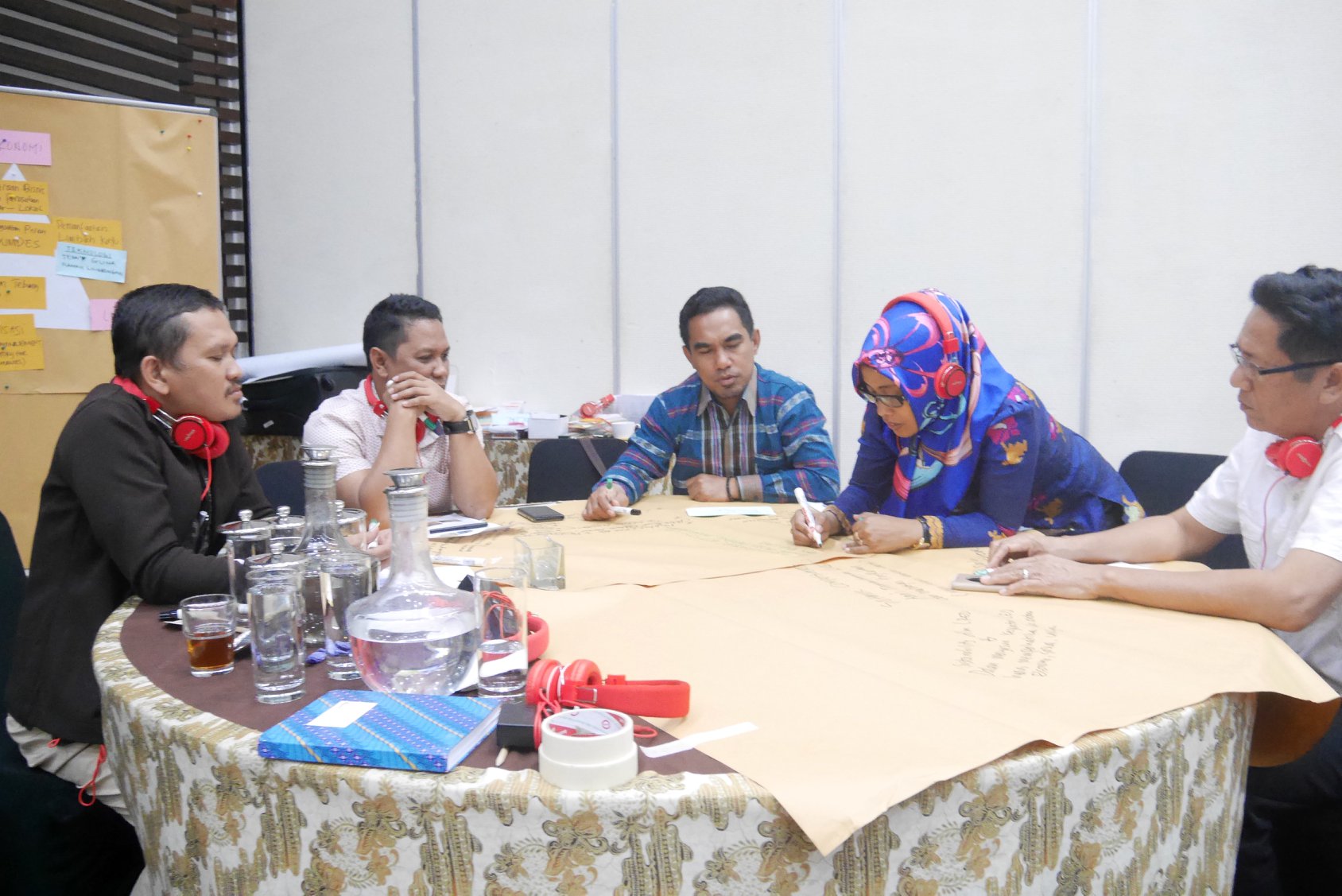
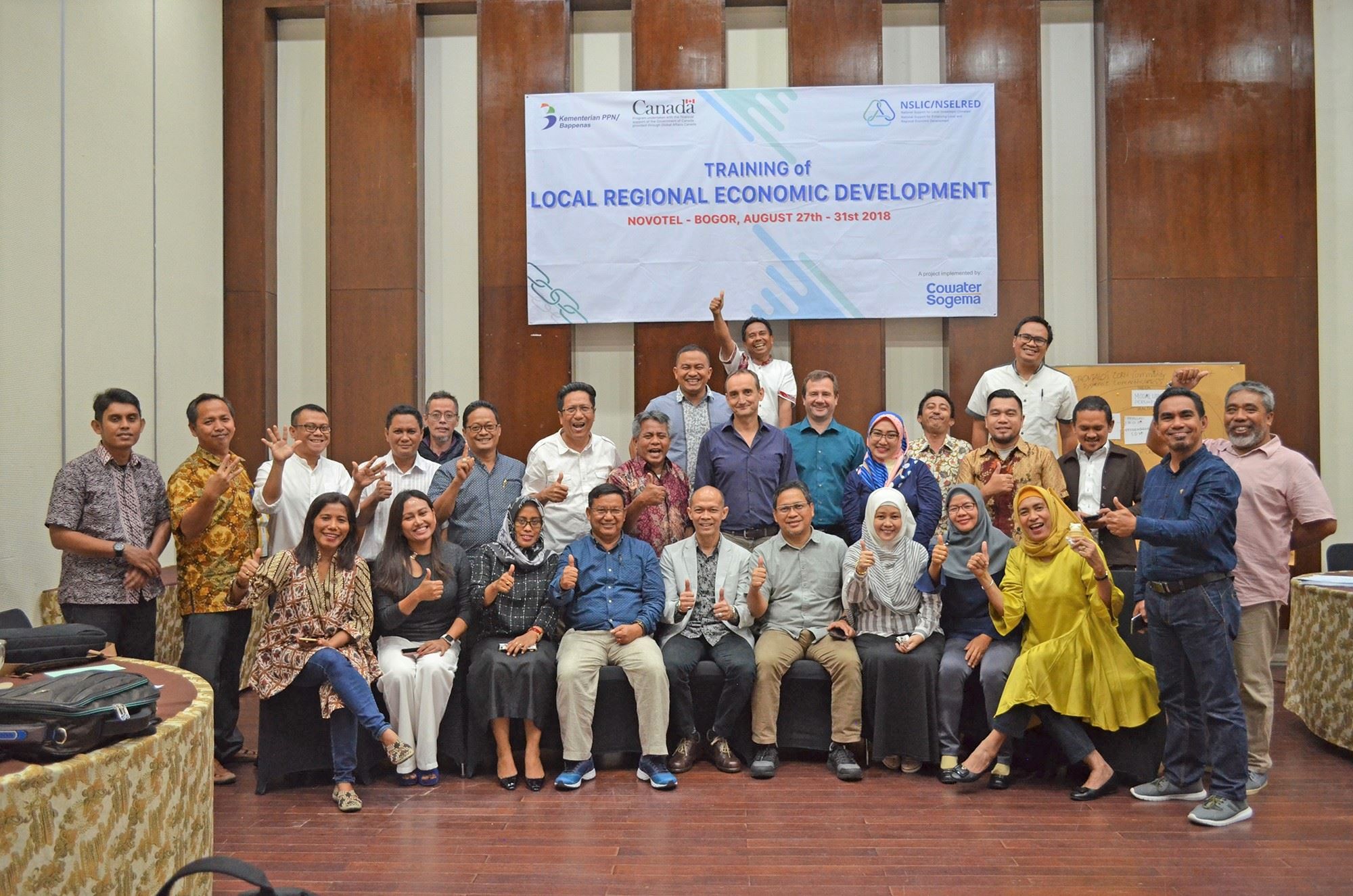
NSLIC/NSLERED aims to assist the LRED Support Facility and yet to be confirmed the LRED Coordination Team. One of the supports provided is LRED Training which is relevant to the duties and responsibilities of related national stakeholders. The training will enhance the national and local government capacity in LRED concepts, process facilitation, policy focus and synergies, business and investment climate, to enable them to use the LRED tools to plan and deliver programs as well as the LRED sustainability. As for the Project, the knowledge and skills of this training are perceived as necessary in order to sharpen the implementation of the project, to support the improvement of investment climate in the regions, as well as for local and regional economic development.
It is expected that after the training participants can apply LRED concepts and strategies to support their duties in accordance with the mandates of each ministry and institution to support NSLIC/NSELRED project implementation at the national and local levels.
Written by Virgi Fatmawati/NSLIC/NSELRED
No Comment
You can post first response comment.